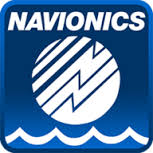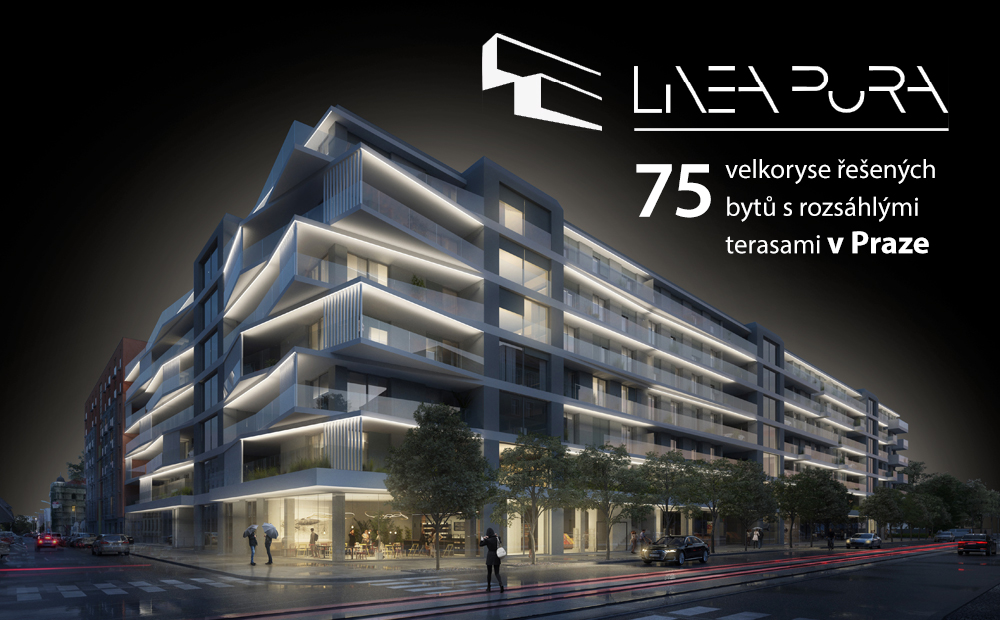Úvod »Automobily osobní a dodávky»FSO Fiat Polski » Mercedes-Benz 190SL 300SL 300SLR
Anotace
Although the famous Silver Arrows of Mercedes-Benz and its German rival Auto Union had proved to be virtually invincible in Grand Prix racing during the 1930s, the austerity of the early post-war years meant that designing and building a new team of Formula One cars was simply not feasible. However, the recovery of Mercedes-Benz was truly remarkable and, by 1950, production had exceeded the record total set in 1937. Its first prestige model of the post-war era – the 300 saloon – appeared in 1951 and this was the car that was to provide the wherewithal for the company's return to competition.
Using the saloon car's engine, transmission and suspension (including the notorious swing-axle rear assembly) Mercedes-Benz decided to enter sports car racing. The sturdy, 3-litre single-overhead cam, straight-six engine was capable of being tuned to churn out more than double its standard 115hp and in order to reduce the overall height it was tilted over at an angle and given dry sump lubrication for the new 300SL coupe. Based on a tubular spaceframe chassis, the sports racer had a sleek, low-profile aluminium body but the designers were faced with a problem when it came to fitting in the doors because the top of the chassis framework was positioned about midway up a conventional opening.
To overcome this situation the doors were extended into the roof and hinged near the centre. This configuration was quickly dubbed as gullwing doors and the name has become synonymous with the 300SL – an engineering solution was transformed into a signature styling feature. The 300SL soon proved to be successful, winning the 1952 Le Mans 24-hour endurance race, the Carrera PanAmericana in Mexico and many other events. The Mercedes-Benz competition department then started to focus its attention on a return to Grand Prix racing and, but for the intervention of New York distributor Max Hoffman, in all likelihood the 300SL would have been consigned to the factory's museum.
Hoffman was convinced that a road-going version of the 300SL would sell and backed his judgement by placing an order for 1,000 cars. Mercedes-Benz couldn't ignore this kind of potential and the production model made its New York debut in January 1954. The unveiling caused a sensation in the motoring press and manufacturing got going in the summer of 1954. The hefty price tag (you could buy a Cadillac for 60 percent of the cost of a 300SL) undoubtedly held back sales, but 1,400 Gullwing coupes were built between 1954 and 1957. A more conventional 300SL convertible replaced the Gullwing and this remained in production until 1961.
Used only in the 1955 season, the legendary 300SLR was probably the most savage sports racing car ever constructed by Mercedes-Benz engineers. Based on a modified W196 Formula One spaceframe widened to incorporate two seats, it was powered by a 3-litre straight-eight engine that developed 300bhp, giving the 300SLR a top speed of 180mph. Only ten of these awesome machines were built.
Running concurrently with the spellbinding Gullwing was the four-cylinder 190SL. A sports car for cruising rather than competition, it was based on a shortened Mercedes-Benz 180 saloon platform, strengthened to provide the rigidity needed for an open-top roadster. The 190SL was built until 1963 and remained largely unaltered during its nine-year lifespan. By the time the last car rolled off the assembly line, 190SL sales totalled 25,881 units (compared to a combined total of around 3,250 300SL Gullwing coupes and ragtops) and, unlike its iconic big sister, the smaller and more affordable model also produced profits for the company.
While the 190SL was bought and enjoyed by enthusiasts who got a great deal of pleasure from driving them, the 300SL still remains as an ultimate dream for most people. The contents of this book provide a glorious review of these historic Mercedes-Benz sports cars. A portfolio of international features and articles compiled from leading motoring journals, included are road tests, new model introductions, contemporary race reports and advice on acquiring a pre-owned Mercedes 190SL. A total of 350 fully illustrated pages. SB.































